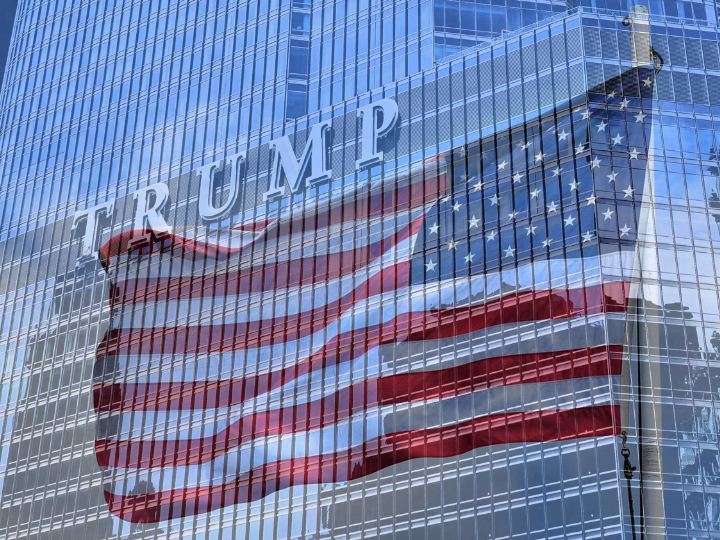by Sarantis Michalopoulos
The results of the US elections are expected to bring about a major shift in global politics and Europe will be heavily affected.
Donald Trump and the Republicans are mistakenly considered by Europe as less predictable compared to Kamala Harris and the Democrats.
Europeans should not forget that Joe Biden’s administration was the one who surprised Europe.
Firstly, in August 2021 when the US unilaterally decided to pull out from Afghanistan without prior notice, leaving the Europeans in limbo.
A month later, Biden secretly coordinated the China-focused “Aukus” security pact between Washington, London and Canberra.
The pact resulted in Australia cancelling a contract for the delivery of 12 French submarines in favour of models co-produced by the US and the UK.
Some in Europe back then talked about “treason”.
But speaking to officials in Florida this week, I realised that the Republicans are not unpredictable. Instead, they are very clear and serious when it comes to their expectations from Europe.
To some extent, Europe’s agenda has already been impacted even with the expectation of Trump’s return.
Commenting on a possible victory for Trump days before the polls opened, former US Ambassador Thomas Miller told ToVima journal, “I think the Europeans should worry,” and warned about major changes in American foreign policy.
The feeling is that Republicans will show limited tolerance to policies that irritated them in the past.
Frustration with Germany’s positions – especially during Angela Merkel’s rule – is still remembered. Berlin’s stance on Nord Stream II frequently led to public clashes with Washington. After Russia’s war in Ukraine, Germany reconsidered its position, something that was hailed by the US.
A thorny issue for the Republicans is Germany’s hesitation to increase spending on NATO and security. Despite vowing massive investment after the war in Ukraine, defence remains underfunded.
“Fairly” sharing the financial burden when it comes to NATO will be a key priority for the Republicans. Europeans, it seems, will not have much leverage to keep postponing, especially if they want to continue supporting Ukraine.
Another topic causing anger among Republicans since Merkel’s chancellorship is the way Germany handled migration and her “open borders” approach. They believed it was wrong, leading to significant flows of people into Europe’s south.
On this matter, too, Germany has made a U-turn and is currently pushing for stricter migration policies.
Some also recall the “messy” meeting between Jean-Claude Juncker and Trump in July 2018 over the then-trade dispute on aluminium and steel.
Trump has hinted that he will impose tariffs on world exports, and Republicans say this is a one-way street, as he will push forward tax cuts.
If this were the case for Europe, export-driven Germany would be dealt a severe blow.
Trump will probably have almost a blank cheque for drafting legislation. Unlike in his previous mandate, some believe he will make efforts to bypass the American “bureaucracy” by putting his close allies in the right positions.
Leaving Europe in a difficult position, especially if he adopts a “take it or leave it” approach.
Trump is famous for his catchphrase ’You’re fired!’ Given the challenges his presidency will bring, the question now is which European leader will survive?
*first published in: Euractiv.com




 By: N. Peter Kramer
By: N. Peter Kramer

